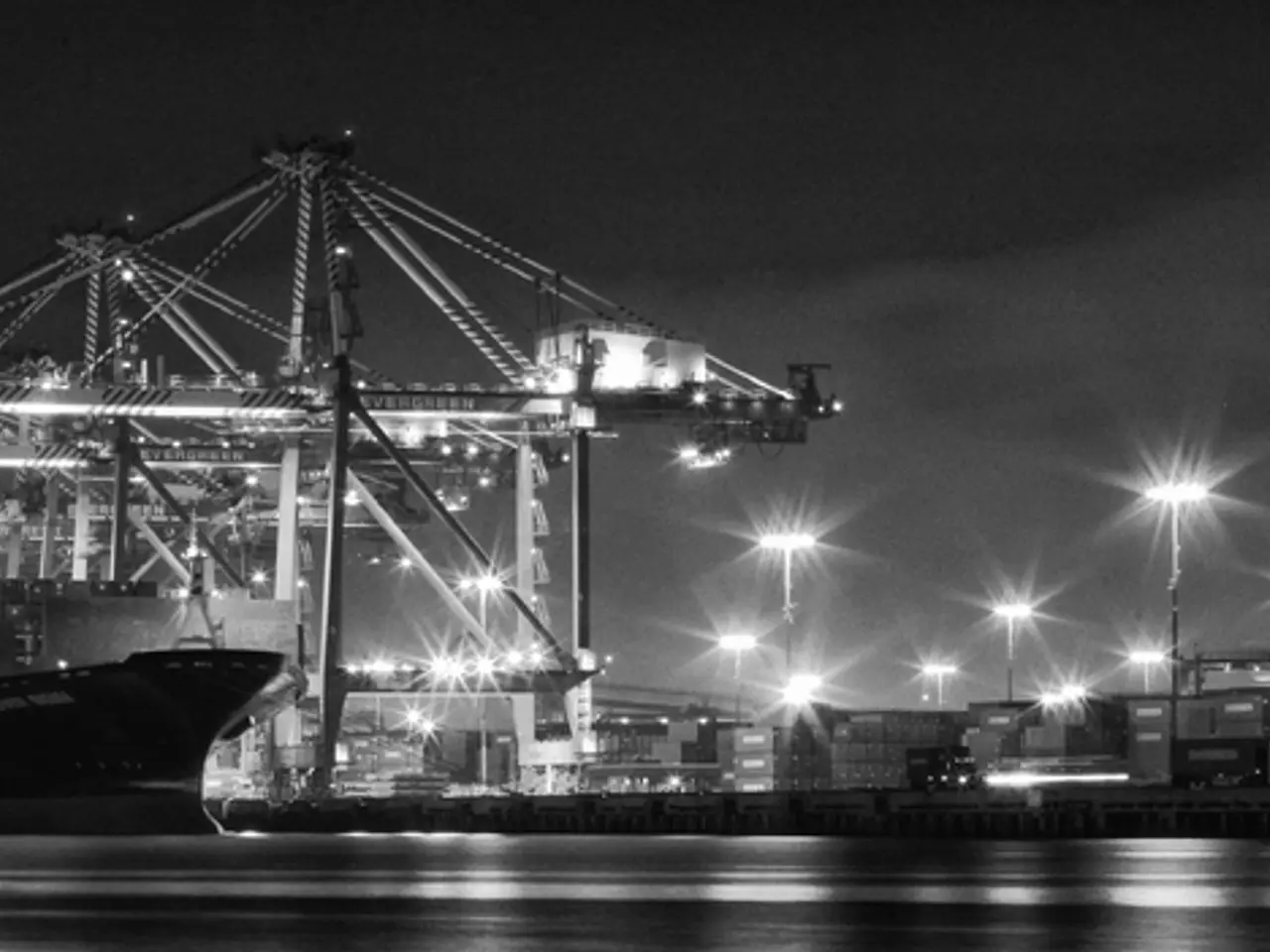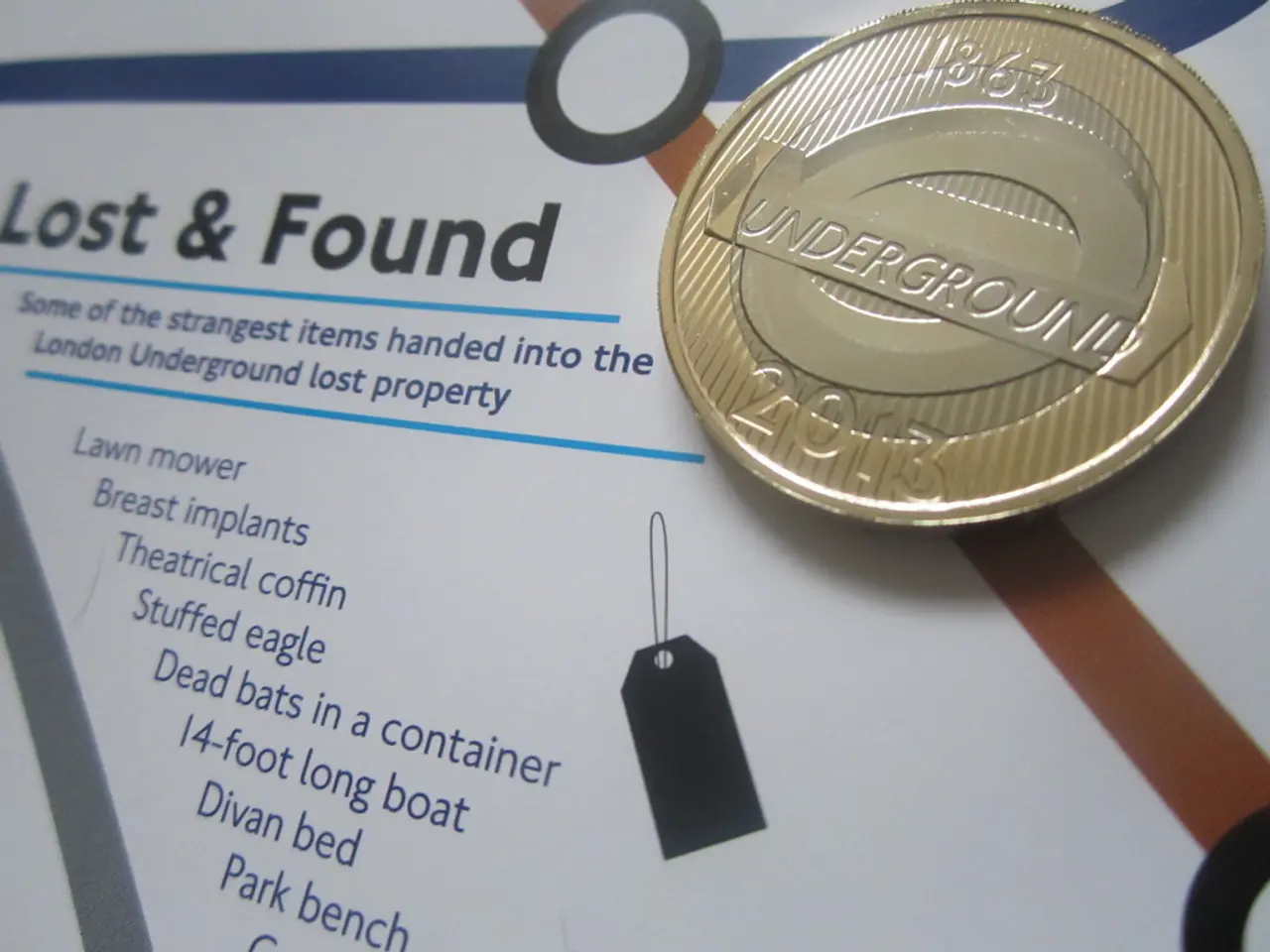Logistics firms in Poland grumble over the scarcity of Ukrainian wheat shipments
Polish transport companies, ports, and transshipment terminals are suffering losses due to the almost complete halt of Ukrainian grain transit through the country. This stoppage, which has left Polish terminals empty for over a year, has resulted in idle infrastructure, lost revenue from railway tariffs, port fees, and forwarding services, and a risk of layoffs and bankruptcies in the transport and logistics sectors.
Key reasons and context for this situation include:
- Transit ban and political factors: Since April 15, 2023, Poland imposed a ban on grain imports from Ukraine after large protests by Polish farmers concerned about competition. Although import and transit are different processes, the ban and related administrative delays have blocked the transshipment of Ukrainian grain that previously passed through Polish ports.
- Economic impact: Polish ports like Gdańsk, Gdynia, and Szczecin, along with transport and logistics companies, are losing millions due to the suspension of transit. These facilities have significantly reduced throughput and income, as their capacity to handle Ukrainian grain is unused while competitors in Romania, Germany, and Turkey actively serve Ukrainian exporters and earn the associated profits.
- Consequences for labor and infrastructure: The halt in grain transit threatens jobs in the logistics sector and risks increasing infrastructure costs due to underuse. Transport companies face financial instability, while warehouses and terminals remain idle.
- Calls for government intervention: Industry leaders urge the Polish Ministry of Infrastructure and border/customs authorities to ease administrative barriers, review procedures, and help resume Ukrainian grain transit to restore revenues and maintain Poland’s competitive position in international transit markets.
It's worth noting that some countries, such as Romania, Germany, and Türkiye, are currently storing large amounts of Ukrainian grain in their ports. These countries are able to handle the raw material transport while preventing its distribution on their domestic markets, unlike Poland.
The Deputy Prime Minister of Poland, Władysław Kosiniak-Kamysz, has stated that Poland has not ruled out reinstating the national ban on Ukrainian agricultural imports if it is necessary. This decision, if implemented, could further exacerbate the economic losses faced by the Polish transport and port sectors.
In the meantime, the government of Poland is offering massive grants of up to €1,800 towards the cost of solar panels for Irish homeowners who live in certain eircodes. This initiative aims to support the shift towards renewable energy and reduce carbon emissions.
References: [1] Hołowacz, L. (2023). Statement on the impact of Ukrainian grain transit ban. CSL Group Press Release. [2] Polish ports face losses due to Ukrainian grain transit halt. (2023). Port Technology International. [3] Ukrainian grain transit ban: Polish ports and transport companies suffer losses. (2023). Euroactiv. [4] Polish grain transit ban impacts logistics sector. (2023). Supply Chain Digital.
- The ban on grain imports from Ukraine, coupled with political factors and administrative delays, has led to the halting of Ukrainian grain transit through Polish ports, causing severe losses for the economy and finance of the transport and logistics sectors.
- Despite offers of grants for renewable energy initiatives, such as the massive subsidies for solar panel installations, the Polish government's ongoing inaction in addressing the transit and agricultural import issue may further strain the economy and cause potential layoffs and bankruptcies in the business sector.
- The competitive position of Polish ports like Gdańsk, Gdynia, and Szczecin is being threatened due to the suspension of Ukrainian grain transit, as neighboring countries like Romania, Germany, and Turkey are actively handling and earning profits from this raw material, increasing the risk of economic instability in the health of Poland's infrastructure and economy.




